Publications
Articles, publications, books, tools and multimedia features from the U.S. Institute of Peace provide the latest news, analysis, research findings, practitioner guides and reports, all related to the conflict zones and issues that are at the center of the Institute’s work to prevent and reduce violent conflict.
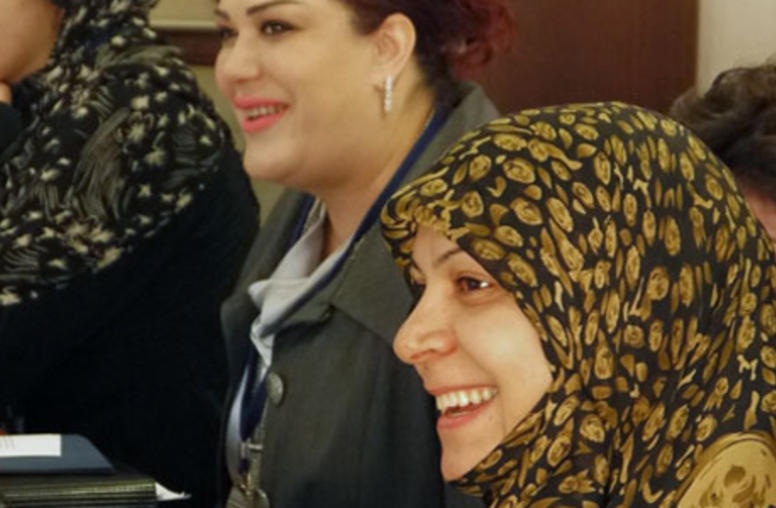
Afghan and Iraqi Women Offer Lessons Learned to Women of the Arab Spring
Kathleen Kuehnast, director of the Center for Gender and Peacebuilding and Manal Omar, director, of the Iraq, Iran and North Africa Program, discuss a recent meeting in Istanbul with Afghan and Iraqi women leaders to map out practical steps forward for women in their own transitional countries.
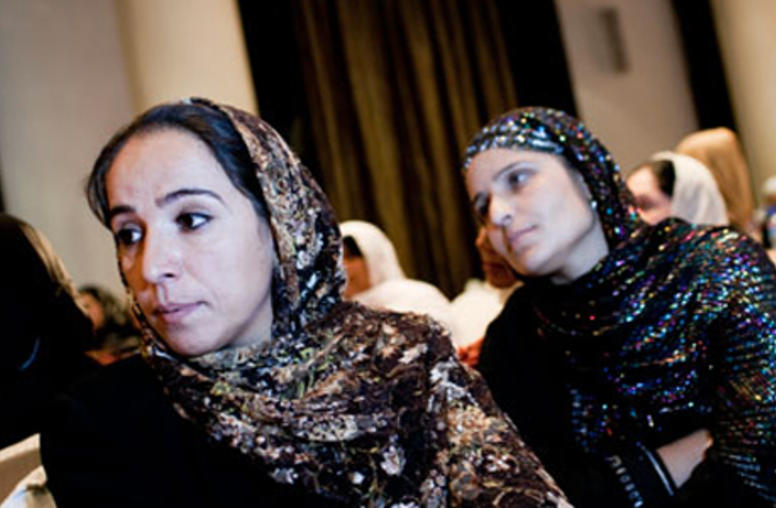
USIP Working to Consolidate Gains of Women and Girls in Afghanistan
USIP has established a program, Capacity-Building and Dialogues for Afghan Women, in an effort to reach beyond the capital Kabul and help prepare women elsewhere to play a role in peace and post-conflict processes.
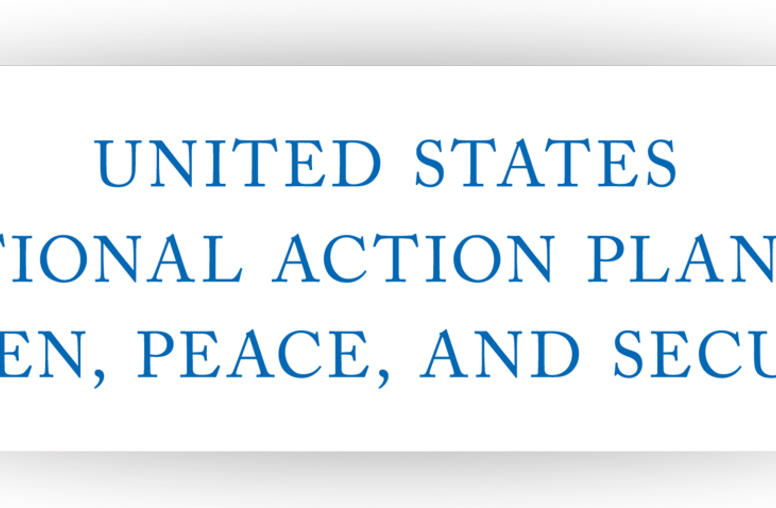
U.S. Agencies Move to Implement National Action Plan on Women, Peace and Security
For the past two years, USIP has been deeply engaged in supporting a government’s initiative on women, peace and security. The U.S. Department of State and the USAID recently issued detailed implementation plans to carry forward the U.S. National Action Plan on Women, Peace and Security.
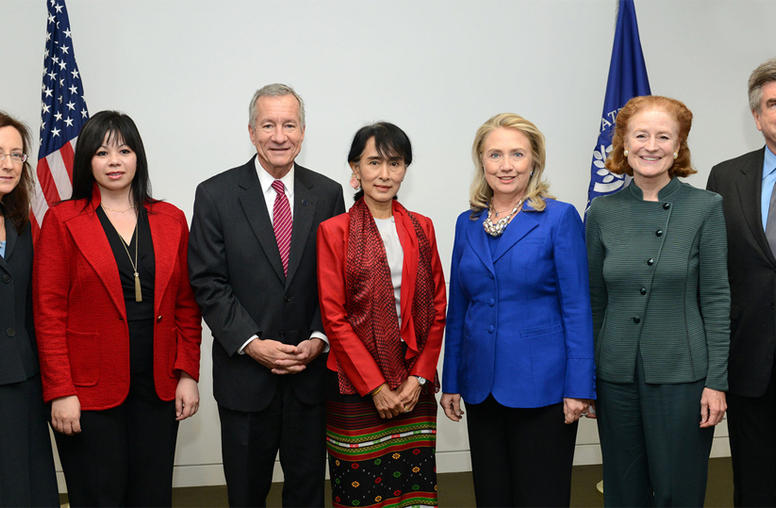
Burma/Myanmar Democracy Activist Daw Aung San Suu Kyi Calls for U.S. Support, Easing of Sanctions at USIP
USIP and the Asia Society hosted an engaging discussion with Daw Aung San Suu Kyi on the democratic transition in Burma/Myanmar, the challenges that lay ahead, and the potential of a promising future.
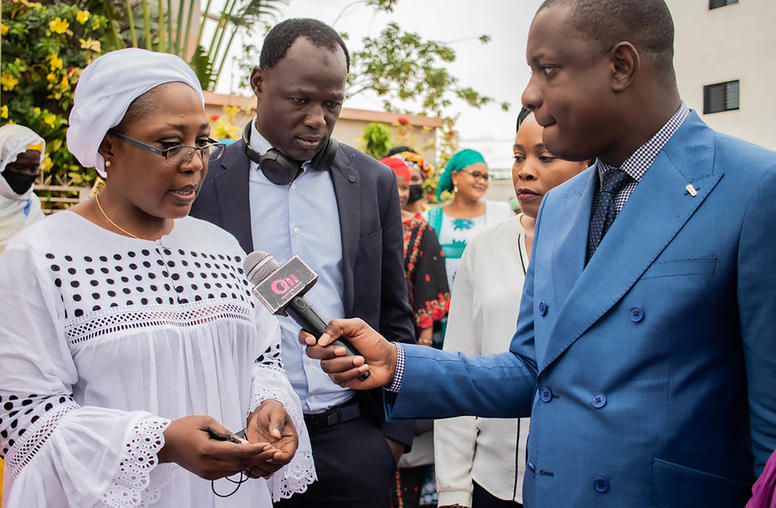
In Mali, Civil Society Takes on New Role in the Democratic Transition
In the decade leading up to Mali’s two military coups in 2020 and 2021, persistent governance grievances had left civilians without reliable public services while the military struggled to contain violent extremist groups. Hopes for a quick return to civilian rule post-coup have faded, as the country now nears three years under the rule of military leaders. While the transitional government has laid out a roadmap toward 2024 elections, there are growing concerns about the infrastructure capacity to carry out elections within that timeframe.

Au Mali, la société civile joue un nouveau rôle dans la transition démocratique
Au cours de la décennie qui a précédé les deux coups d'État militaires de 2020 et 2021 au Mali, les griefs persistants en matière de gouvernance ont priver les civils de services publics fiables, pendant que l'armée s’efforçait de contenir les groupes extrémistes violents. L'espoir d'un retour rapide à un régime civil après le coup d'État s'est estompé au fur et à mesure que le pays approche sa troisième année sous un régime militaire. En dépit des efforts du gouvernement de transition pour établir une feuille de route pour les élections de 2024, des préoccupations s’agrandissent par rapport à la capacité de l'infrastructure nécessaire pour mener à bien le processus et s'aligner sur le calendrier prévu.
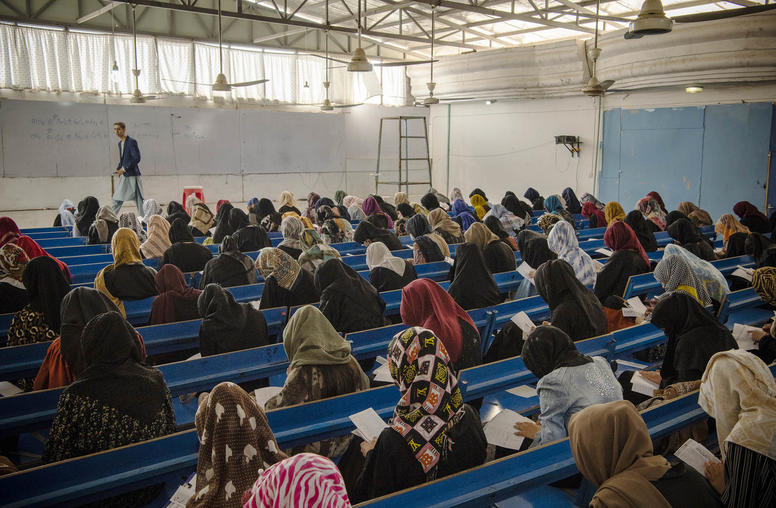
Taking a Terrible Toll: The Taliban’s Education Ban
Last month, a year after the Taliban banned Afghan girls from receiving secondary education, another school year began in Afghanistan — the only country in the world where girls are prohibited from going to school beyond the primary level. Since the Taliban’s August 2021 takeover, the group has sought to marginalize women and girls and erase them from virtually every aspect of public life. After a March 2022 ban on high school education, the Taliban also barred women from attending university at the end of last year. In a series of interviews with USIP, Afghan mothers, female students, schoolteachers, and university lecturers spoke of the terrible toll the Taliban’s actions have taken on their mental health.
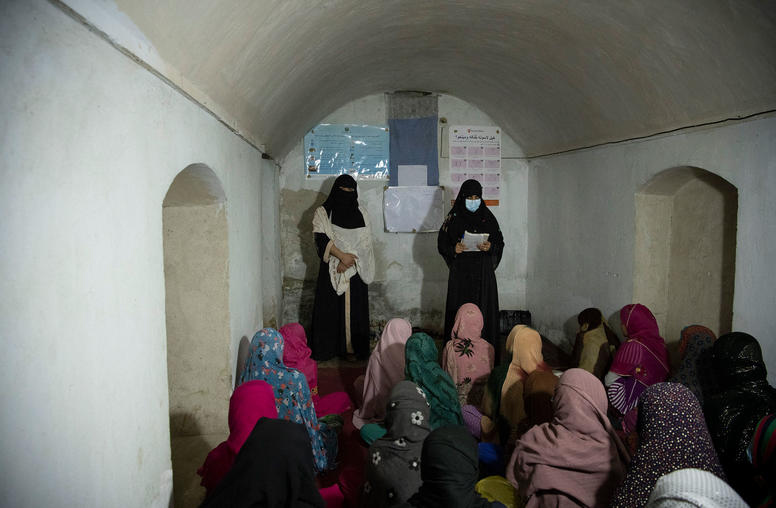
U.N. Conference Highlights Global Unity but Limited Leverage Over the Taliban
Over a year and a half since the Taliban’s takeover of Afghanistan, not a single country has recognized its government. Yet, it has resulted in no change in Taliban behavior. The worst predictions of what Taliban rule could be like have come true, as the regime has implemented unprecedented restrictions on women amid a brutal humanitarian crisis. The situation is so bad that U.N. Secretary-General António Guterres convened a special conference in Doha, Qatar this week — with no Taliban representation — to discuss Afghanistan’s international isolation. While there were no tangible outcomes — evidence of how limited the international community’s leverage really is — it did demonstrate remarkable consensus on the imperative to help the Afghan people.
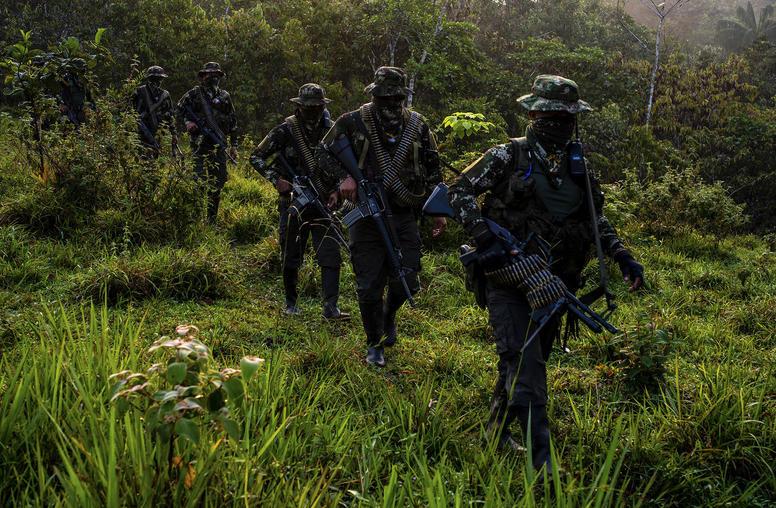
Colombian Civic Leader Offers a Grassroots Strategy for Peace
Nine months into new efforts by Colombia’s administration to achieve “total peace” with remaining armed groups following decades of civil war, that process should make room for the nation’s thousands of grassroots and community organizations to strengthen peace locally when the fighting stops, says a prominent civic leader from one of the country’s most violent regions. Stabilizing Colombia, where migration toward the United States and other countries soared last year, will require steady support from U.S. and international partners, said Maria Eugenia Mosquera Riascos, who helps lead a Colombian network of 140 civic and community organizations working to end violence.

Una lideresa social colombiana propone una estrategia para la paz con base en las comunidades
Tras nueve meses después del inicio de los nuevos esfuerzos del gobierno colombiano para alcanzar la "Paz Total" con los grupos armados que aún continúan activos luego de décadas de conflicto armado, este proceso debería buscar un espacio para que las miles de organizaciones comunitarias y de base del país fortalezcan la paz a nivel local cuando cesen los combates, dice una destacada líderesa social de una de las regiones más violentas del país. La estabilización de Colombia, desde donde la migración hacia Estados Unidos y otros países se disparó el año pasado, requerirá un apoyo constante de Estados Unidos y de sus socios internacionales, dijo María Eugenia Mosquera Riascos, quien ayuda a dirigir una red colombiana de 140 organizaciones cívicas y comunitarias que trabajan para poner fin a la violencia.